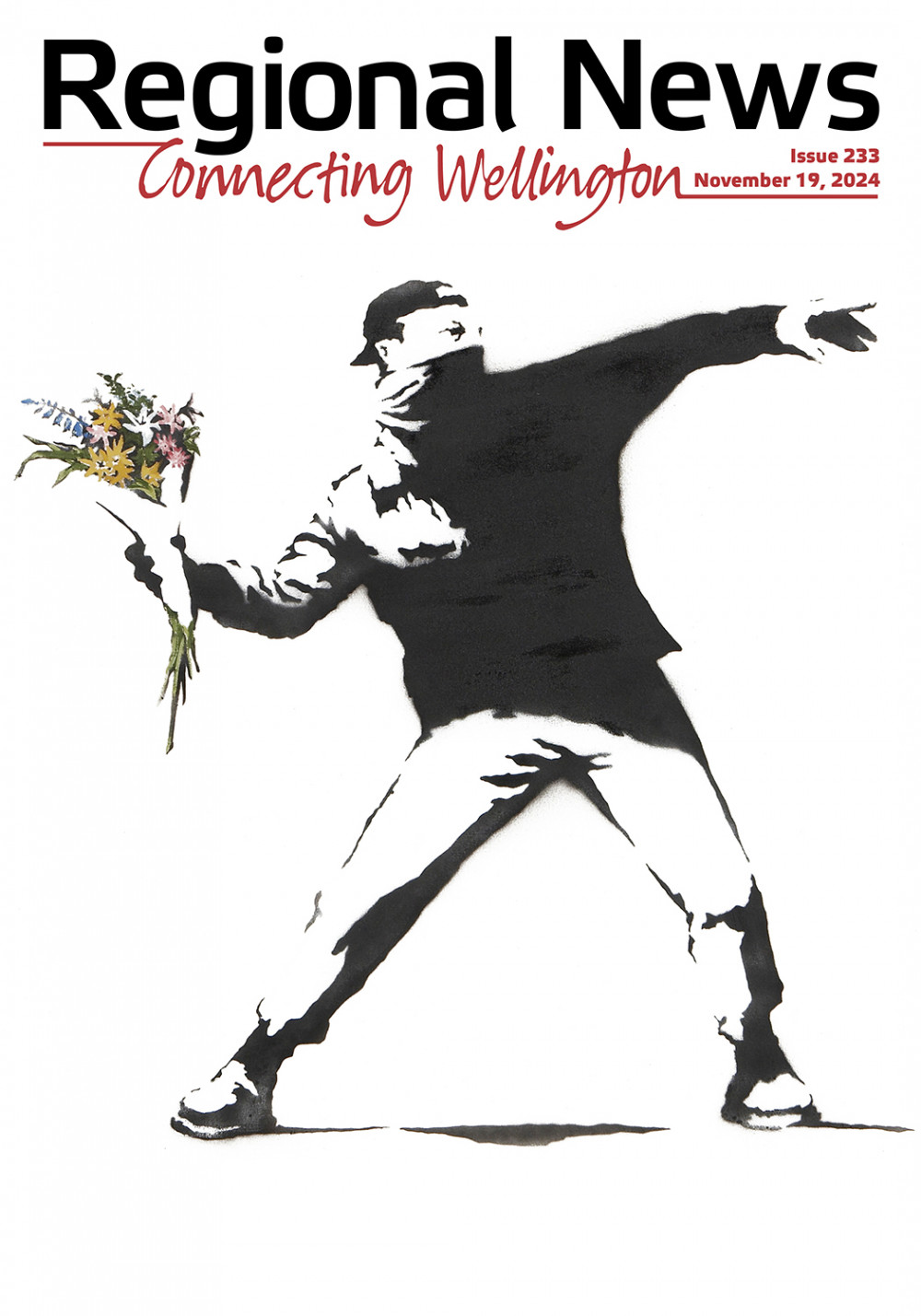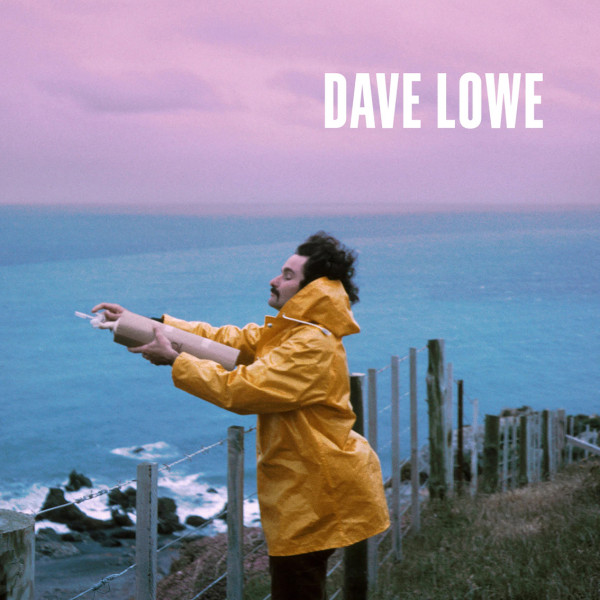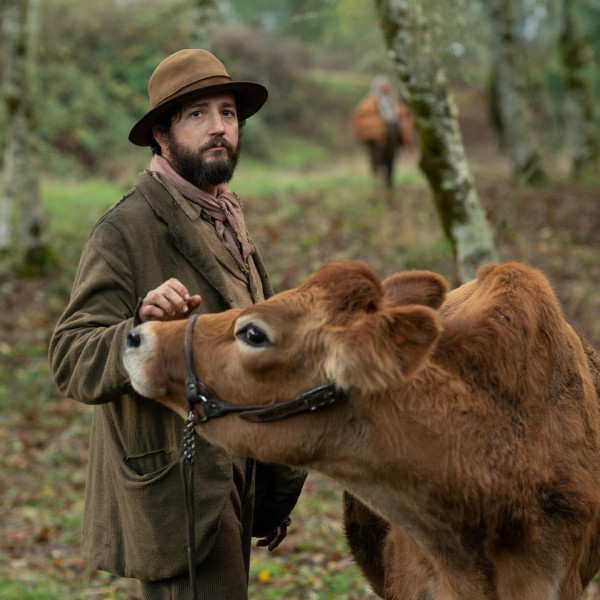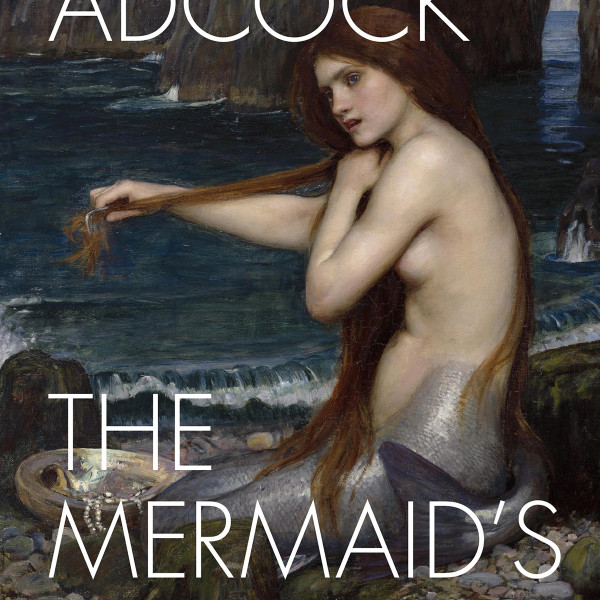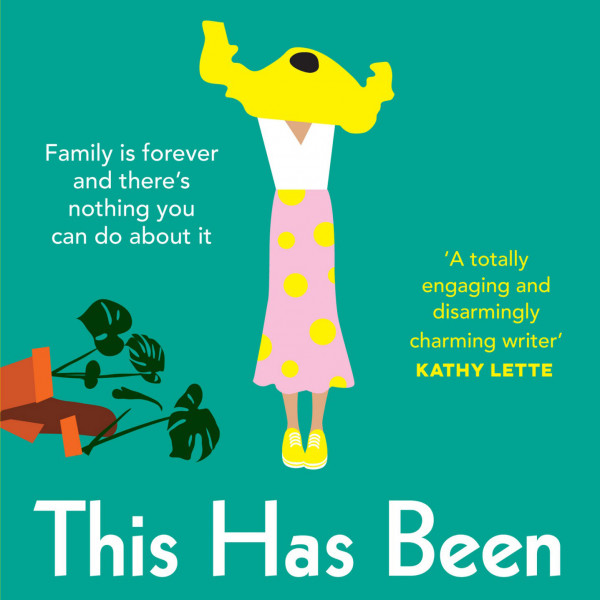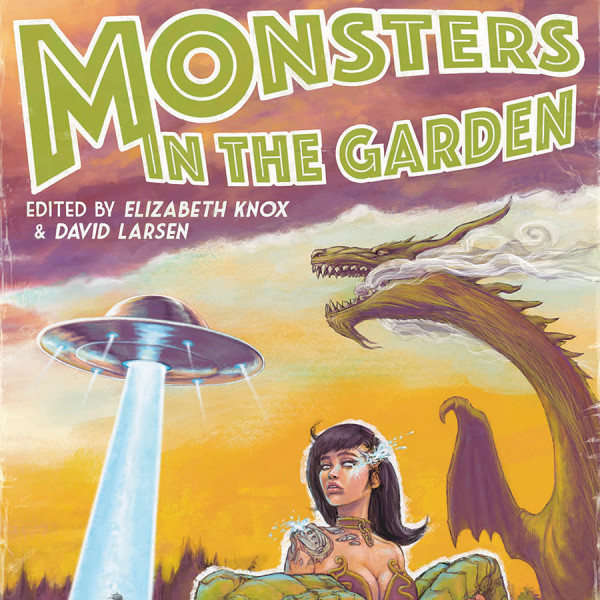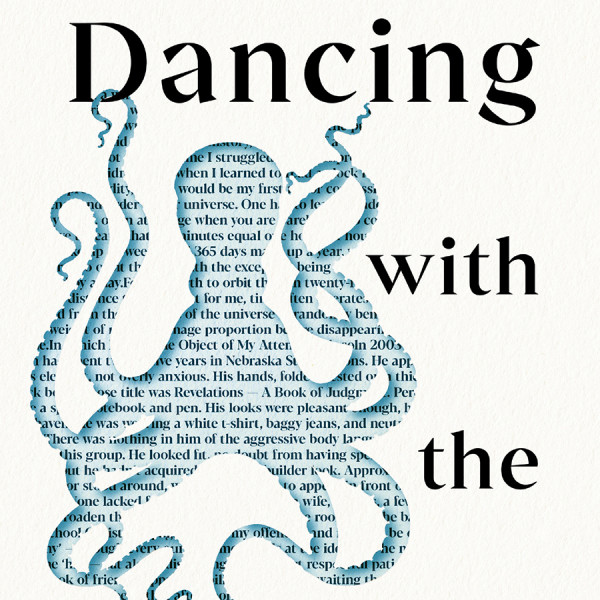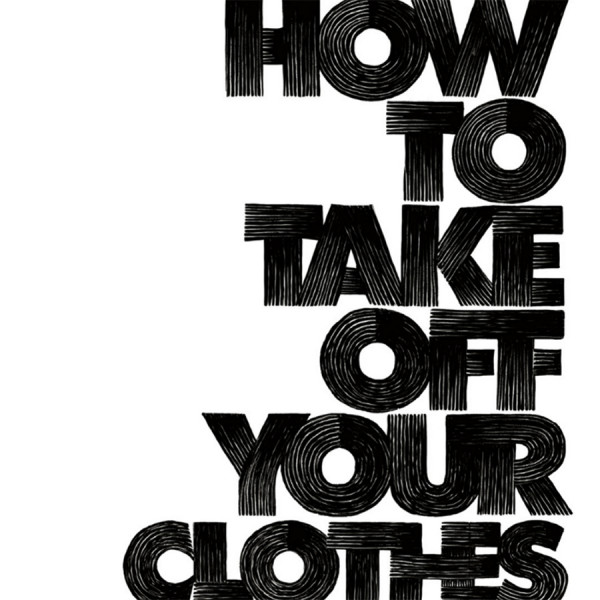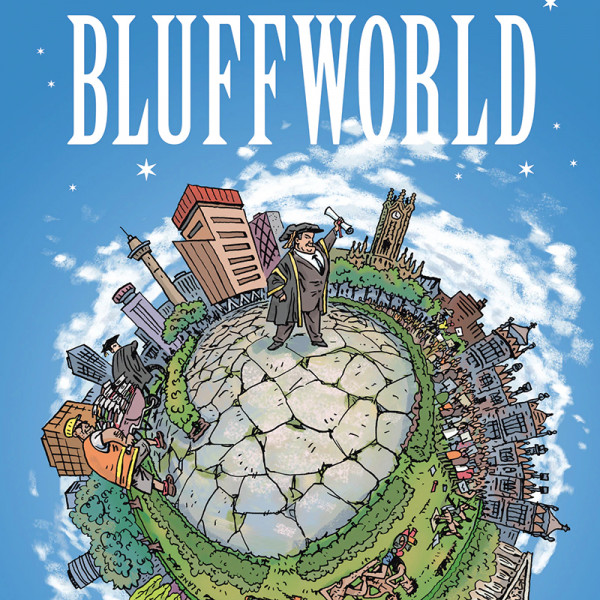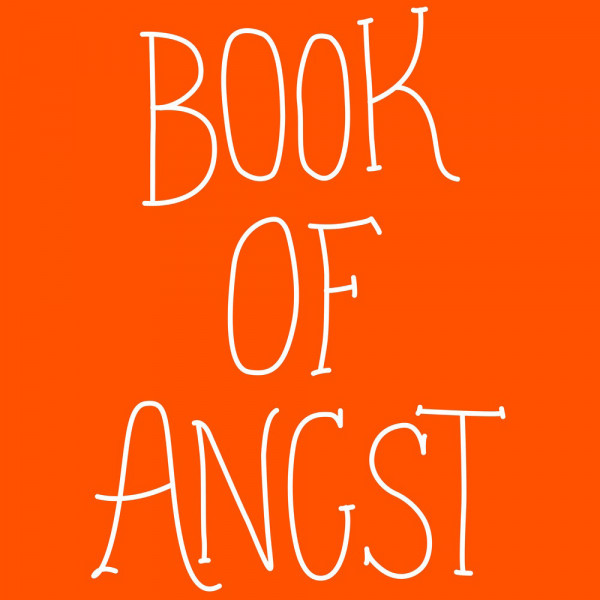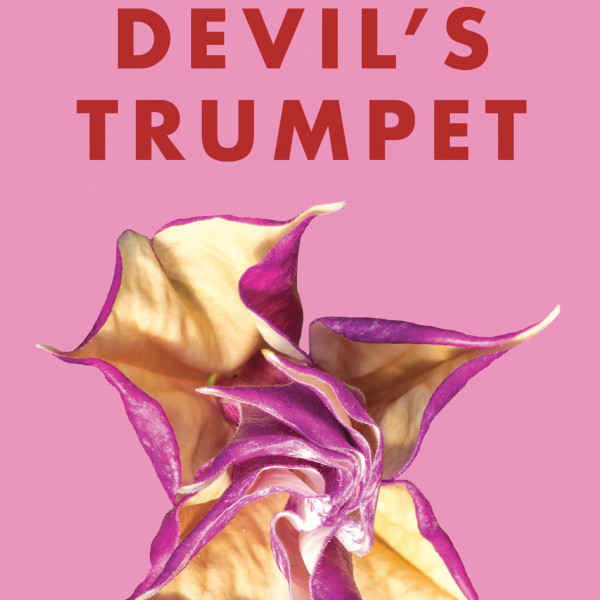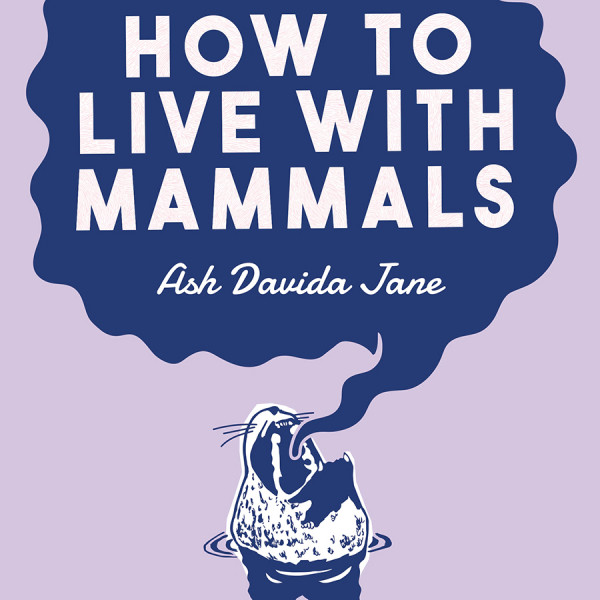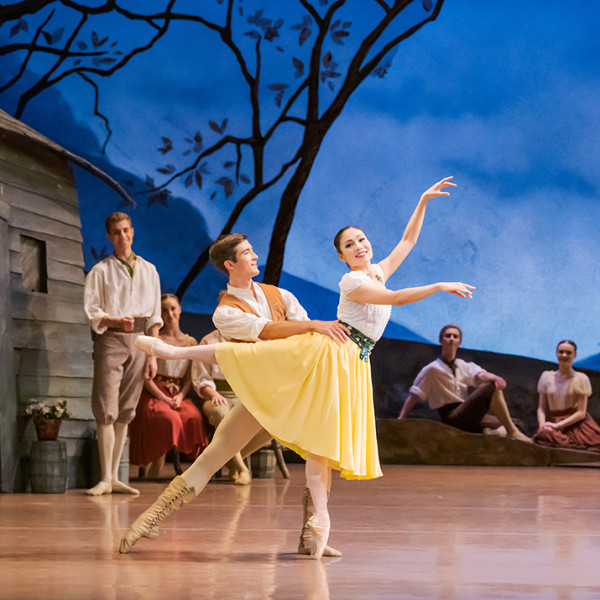
Giselle
Presented by: Royal New Zealand Ballet
The Opera House, 12th May 2021
Reviewed by: Leah Maclean
The Royal New Zealand Ballet (RNZB) presented a relaxing evening at the Opera House with an ethereal retelling of Théophile Gautier’s Giselle. Like many of the classics, Giselle could do with a shakeup; a woman dying of a broken heart and accepting the infidelities of her lover may not be so relatable to modern audiences. That said, Giselle was never created for the story, it was created for the appreciation of dance.
Choreographed by Ethan Stiefel and Johan Kobborg, Giselle has become an RNZB staple, and it is easy to see why. The production is an opportunity for the dancers to home in on their technique and immerse themselves in an otherworldly beauty.
As Giselle, Mayu Tanigaito is a force to be reckoned with. She approaches the role with tenderness and remarkable expertise. Giselle is familiar territory for Tanigaito and it is clear that the character holds a special place in her repertoire. Extended sections en-pointe leave the audience breathless and her connection with fellow dancers is unflappable.
Laurynas Vėjalis and Paul Matthews perform the roles of Albrecht and Hilarion, Giselle’s besotted lovers. Vėjalis and Matthews are two sides of a coin, Vėjalis playing the refined nobleman with graceful leaps and pirouettes, while Matthews is a little more audacious and forceful in his movements. But both are striking to watch.
In the second act we enter darker territory with the cheating Albrecht haunted by his role in Giselle’s death. Led by a delicate Sara Garbowski, a stunning corps de ballet dance as the ghostly Wilis, creating a dreamy sequence with beautiful lines and delicate footwork. The women of the company deserve an extra round of applause for their poise and cohesion.
Orchestra Wellington, conducted by the charismatic Hamish McKeich, were a welcome accompaniment and the costume design by Natalia Stewart was outstanding. The overall production value was impressive, and along with the charming performers, it was easy to settle into an evening of escapism.



